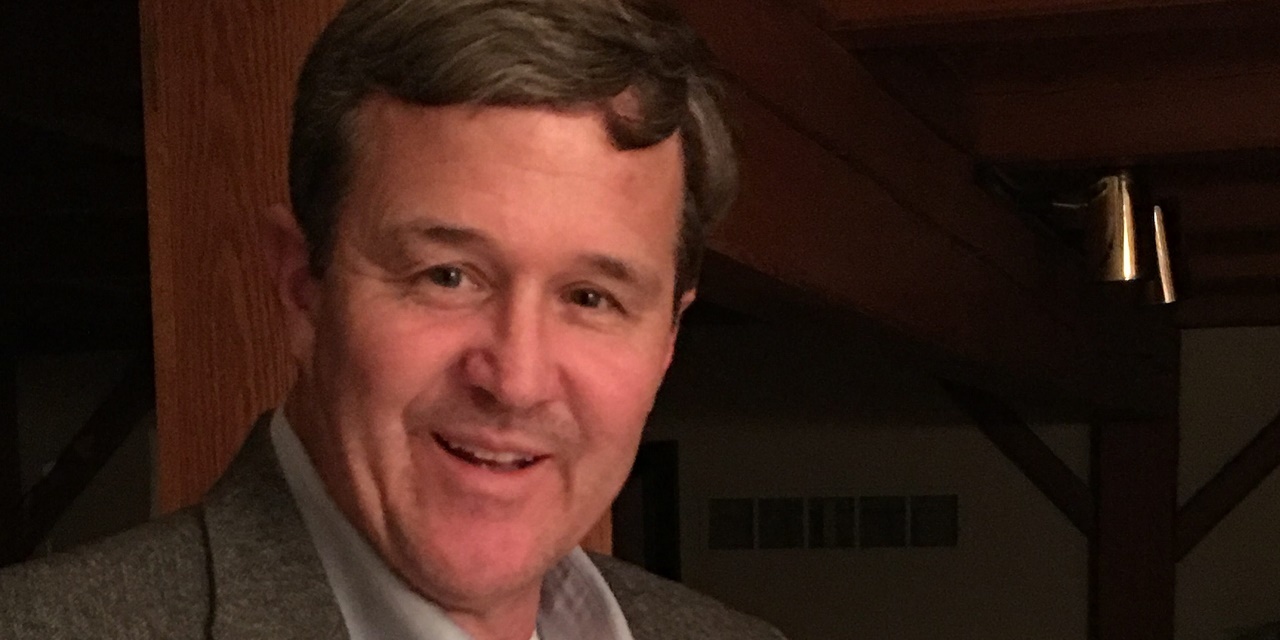CHARLESTON – As we look forward to future elections, it is now more important than ever for state, county and municipal governments to remain vigilant in cybersecurity – especially on social media. In the age of Big Data, social media platforms like Facebook, Twitter and Instagram dominate our culture and unfortunately, can leave us vulnerable to information meant to mislead and divide us as a nation.
In the West Virginia Secretary of State’s office, making citizens aware of these tactics and how to recognize them is a top priority. Recently, we released a new public education effort which includes audience-specific PowerPoint presentations and YouTube videos, which explain the “who,” “what,” “why” and “how” to protect us against these attacks.
Some ask how social media can be such a powerful tool. Social media platforms provide easy access to reach millions of voters at little to no cost. According to statistics, during the 2016 race, Russian accounts published more than 10 million tweets; 116,000 Instagram posts; 61,000 Facebook posts; and 1,000 videos meant to mislead voters. Together, this social media effort averaged more than 28,000 posts per day. All of these posts seemed to have common goals: to incite opposition, division and protests by exploiting divisive and controversial issues within the United States.
The bad guys no longer need to hack a machine to achieve their goals. Instead, they can target those most vulnerable to manipulation using artificial intelligence and algorithms, especially our youngest, newly-registered voters. According to the Pew Research Center, 23 percent of adults have shared a made-up news story on social media. First-time voters are left especially susceptible to these attacks because their frequent use of social media means they are most likely to share a post and potentially spread the disinformation by way of followers.
We can only expect these attacks to intensify, which is why educating all voters is essential to protecting the democratic election process. We must be proactive when scrolling through social media by questioning the validity of a post and whether it comes from a reputable source. We must also ensure our accounts are secure by using multi-factor authentication and complex passwords for each one. Remember, anyone can be hacked.
Beware of phishing attempts and website impersonation and do not ignore suspicious activity. If you do become a victim of a cyber-incident, change the passwords to all of your accounts on a separate device and report the incident to your internet and social media providers. If asked for ransom, ensure you report the breach to the police.
Whenever you’re online, always remember to “think before you link!”
We hope to see voters become more watchful through this education initiative, but more than anything, we want them to have confidence in the democratic election process. Do not let these attacks deter or discourage you from participating in state and local elections. Remember that the Russians attacked our mind and our spirit. They were not able to hack any election machine and there is no evidence that the Russians changed a single vote in any U.S. election.
In West Virginia, we are working with our county clerks, who are on the frontlines of the voting process, to ensure they are prepared for what an attack may look like and how to respond. Voting machines are never connected to the internet. Every paper ballot is verified by each voter and pre- and post-election audits ensure security and accuracy. It would require a physical security breach to attack this system.
West Virginia is leading the nation in election cybersecurity due to foreign threats in the 2016 election. We were the first state in the nation to hire a National Guard asset to monitor election security and the first to offer a mobile voting option for military and overseas voters. West Virginia also conducted one of the nation’s first statewide county clerk training conferences using Harvard’s Belfer Center Election Security Playbook, and used Congress-approved HAVA funds to upgrade election equipment and security.
Our commitment to ensuring the security of our elections brought West Virginia to the attention of the U.S. Department of Homeland Security (DHS). With information provided by DHS, West Virginia produced these new educational videos and accompanying slide presentations to educate U.S. citizens on foreign interference, mainly using social media as the vector of attack.
At the National Association of Secretaries of State 2019 Summer Conference last week, West Virginia was invited to share our new public education effort. I am so proud that our state is front and center in the effort to protect and secure our elections.
I would like to encourage social, civic and military organizations to share the slideshow presentations and videos. There is also a special version for high school teachers to consider for history, civics and government classes. All of the information and resources can be found at https://sos.wv.gov/news/Pages/06-26-2019-A.aspx.
Warner is West Virginia's Secretary of State.
